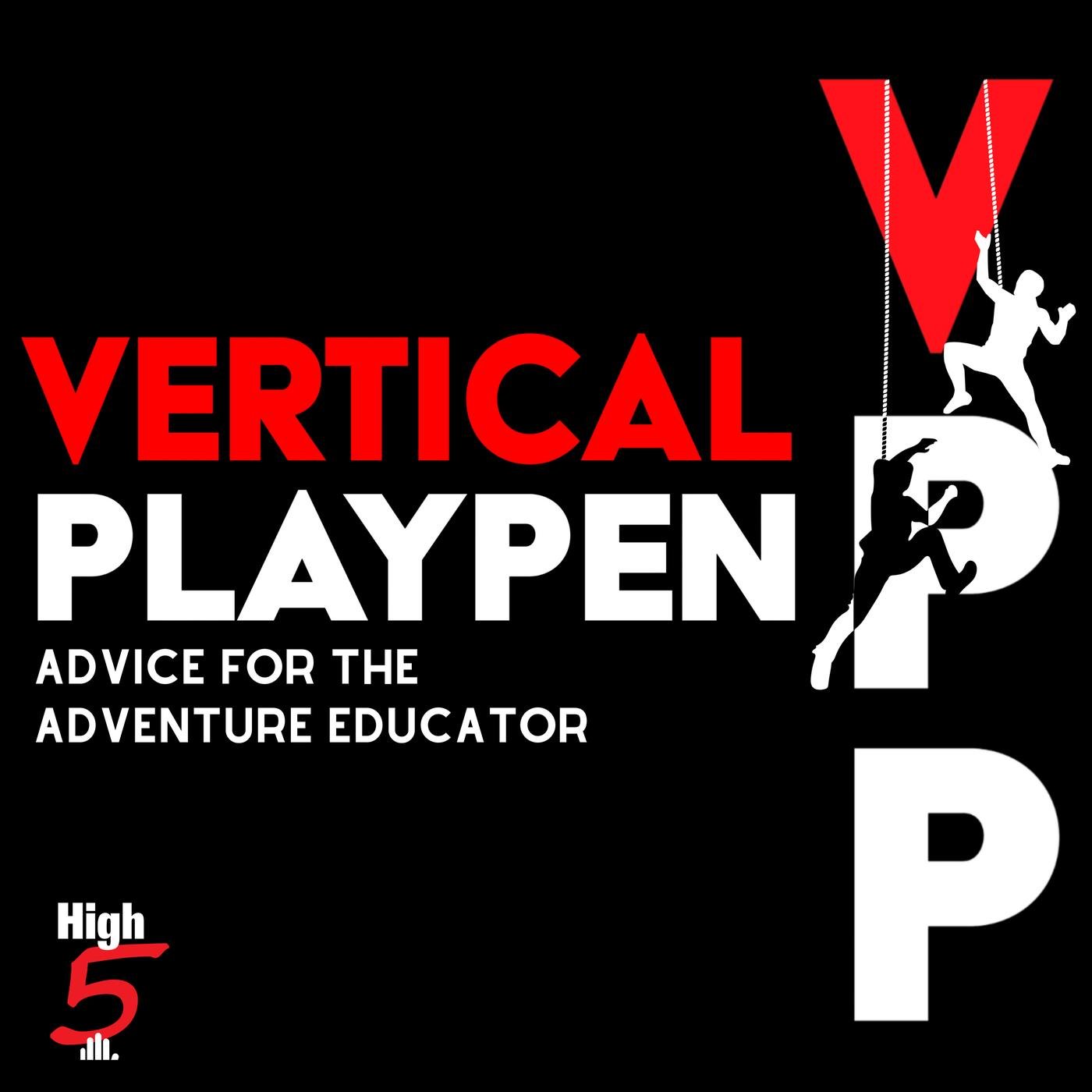
Want to learn more about Adventure and Experiential Education? Then this podcast is for you! Listeners of this podcast will get; - Adventure Programming Theory - Facilitation Tips - Activity Ideas - Industry Career Advice - Interviews from Industry Professionals High 5 Adventure Learning Center is a non-profit educational organization dedicated to helping individuals, teams, schools, communities and businesses improve the way they live, learn and work together. Connect with us at high5adventure.org
Let us know your questions;
Email - podcast@high5adventure.org
Instagram - https://www.instagram.com/verticalplaypen/
Music and sound effects - epidemicsound.com
Dave's socials;
Oak App - https://getoak.app/
Music and sound effects - epidemicsound.com
Connect with Phil;
Email - podcast@high5adventure.org
Instagram - https://www.instagram.com/verticalplaypen/
Learn more about Hit the Ground Running - https://www.htgrcharity.com/
Learn more about Brandon's story - https://www.htgrcharity.com/brandon-peacock
Connect with Brandon - brandon@htgrcharity.com
Music and Sound effects - epidemicsound.com
Connect with Phil;
email - podcast@high5adventure.org
instagram - @verticalplaypen
Music and sound effects - epidemicsound.com
Connect with Lisa - lhunt@high5adventure.org
Connect with Phil;
email - podcast@high5adventure.org
instagram - @verticalplaypen
Music and sound effects - epidemicsound.com
Ted-Ed Flow State video - https://www.ted.com/talks/ted_ed_how_to_enter_flow_state?subtitle=en
For Christy's sited research click here - https://drive.google.com/file/d/1A2VTPWo4J43ZPQb2D5f96nTlOZpXjhd1/view?usp=sharing
Connect with Christy - cbrodeur@pa.org
Connect with Chris Damboise - cdamboise@high5adventure.org
Connect with Phil;
email - podcast@high5adventure.org
instagram - @verticalplaypen
Music and sound effects - epidemicsound.com
Connect with Phil;
email - podcast@high5adventure.org
instagram - @verticalplaypen
Music and sound effects - epidemicsound.com
Connect with Phil;
email - podcast@high5adventure.org
instagram - @verticalplaypen
Music and sound effects - epidemicsound.com
Learn more about Rapid Teams - https://rapidteams.com.au/
Connect with Angus - angus@rapidteams.com.au
Connect with Phil;
Email - podcast@high5adventure.org
Instagram - @verticalplaypen
Music and sound effects - epidemicsound.com
Connect with Phil;
Email - podcast@high5adventure.org
Instagram - @verticalplaypen
Music and sound effects - epidemicsound.com